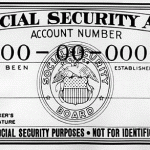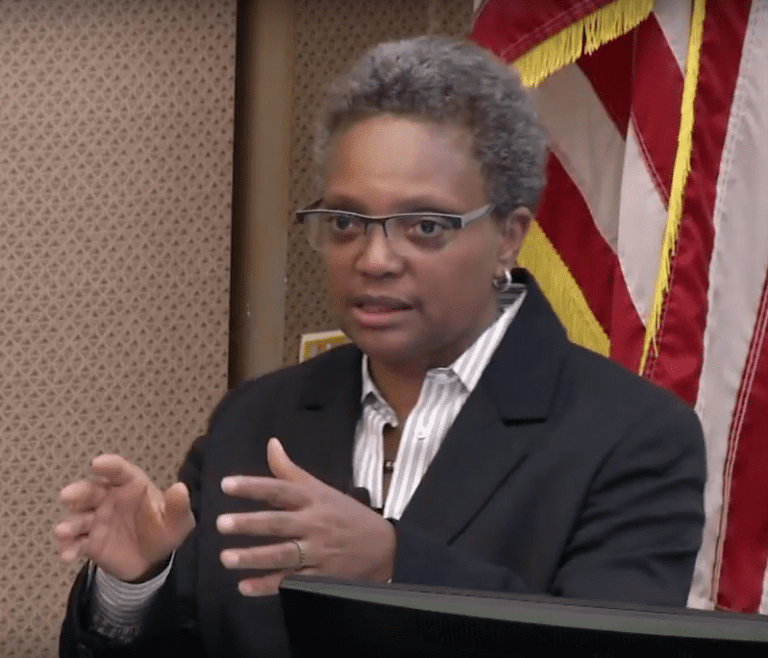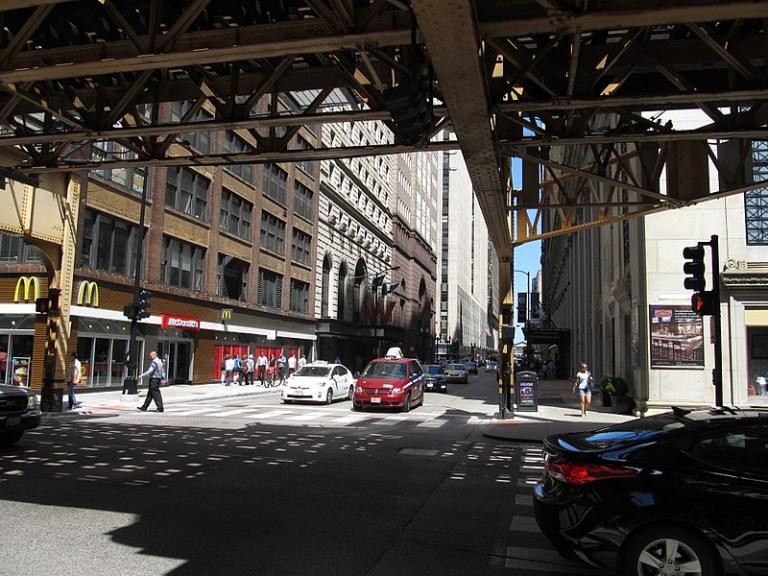![https://commons.wikimedia.org/wiki/File%3ACrimeScene.jpg; By Supaflyrobby (Own work) [CC BY-SA 4.0 (http://creativecommons.org/licenses/by-sa/4.0)], via Wikimedia Commons](https://wp-media.patheos.com/blogs/sites/533/2016/08/CrimeScene.jpg)
So some time ago, I read an article in The Atlantic, the main theme of which was that poor whites and poor blacks have more in common than they know. I remember it too vaguely to find it now, but it seems to me that one of the key statements was, “in both cases, when there’s nothing left, pride and respect become all-important.” And in the case of inner-city blacks, “respect” becomes murder, or shooting, anyway, when you’ve been disrespected, dishonored. (For whites, if I remember right, this need for respect was manifested in support for Trump.)
Anyway, I thought of that in reading the article in today’s Tribune, “Chicago passes another grim milestone: More than 3,000 shot this year.” And incidentally, Chicago has now had more shootings than the city had in all of 2015.
What’s going on? Reportedly, the police have pulled back in their policing due to fear that they’ll be accused, again, of an unjustified shooting. I don’t know that the impact would be felt so dramatically, so quickly, solely due to pull-backs in policing, but presumably it’s more a matter of criminals feeling more confident that they can act with impunity, because whatever worry they might have that their neighbors might cooperate is diminished.
And if you think of this honor/respect element — well, that’s where the world of these hyperviolent neighborhoods feels as alien as the Muslim tribal societies in the Middle East, or, say, Pakistan. Yes, I know, the killings are attributed to gang violence, but that’s not really an answer, is it? I mean, would you or I decide we needed to kill someone because we’d been disrespected, or to avenge some other slight? Or would any of the young men we know do so?
And you’ve no doubt read other explanations. But “the experience of growing up in poverty (and/or lead poisoning) produces young adults with no impulse control,” assumes that we all have the desire to go out and shoot our neighbors, and only our superior impulse control prevents us. I don’t know about you, but I have no such desire.
But at the same time, consider this: in the end, this isn’t some alien tribe. There is no bright line between “them” and “us.” The Pakistani honor killers live in a geographically circumscribed area, with village and regional and national borders, and an ethnic identity that creates distinctiveness and separation. But are there similarly defined borders surrounding the respect-killing neighborhoods of Chicago? Are the people living there some mysterious tribal group, that anthropologists study and idealistic young people visit as a part of a Peace Corp project or an exotic trip? No, not really. Or at least I imagine that the neighborhoods populated by the poorest of the poor aren’t somehow culturally wholly set-apart from the adjacent neighborhoods of those not-quite-as-poor, and those neighborhoods are broadly similar to the more working-class neighborhoods, and so on. But sometimes it sure seems that way.
image: a crime scene. https://commons.wikimedia.org/wiki/File%3ACrimeScene.jpg; By Supaflyrobby (Own work) [CC BY-SA 4.0 (http://creativecommons.org/licenses/by-sa/4.0)], via Wikimedia Commons











